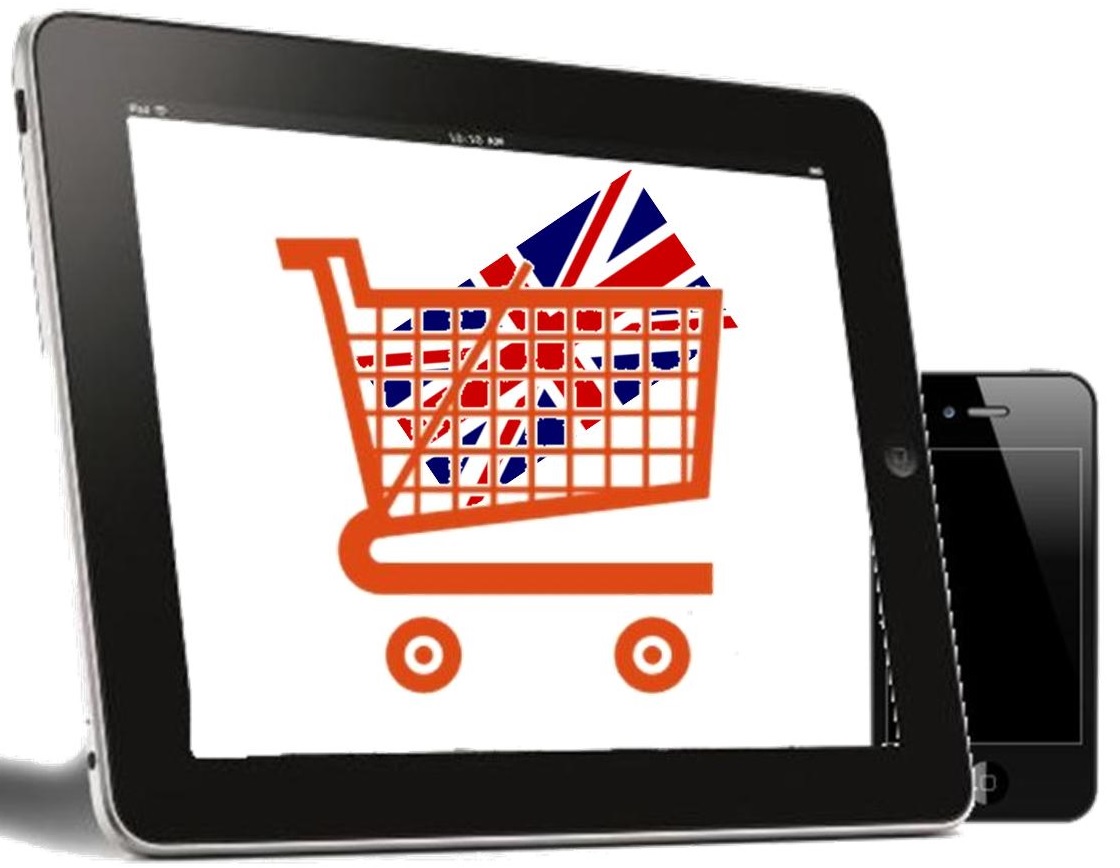Consumers are enthralled with mobile commerce, but retailers are not
Consumers in the United Kingdom are beginning to show more interest in mobile commerce. Smartphones are now having significant influence over the way people shop for products, both online and in physical stores. Retailers have begun taking notice of this trend and have made efforts to engage mobile consumers in meaningful ways. A new report from Barclays, compiled with the aid of Conlumino, suggests that mobile spending in the retail sector will reach new heights in the coming years.
Retailers have yet to show significant interest in the mobile sector
According to the report, mobile spending in the retail sector will reach approximately $60 billion in 2024. While mobile spending may be on the rise, a relatively small number of retailers are positioned to take advantage of this trend. The report notes that only 3% of retailers said that they are using mobile-ready point-of-sale systems. Another 70% claimed that they do not have mobile friendly websites or applications in place to engage mobile consumers. As such, these retailers may be missing out on significant opportunities in the mobile commerce space.
Consumers are spending mroe through a mobile device
 The report notes that consumers throughout the United Kingdom collectively spend $10 billion while shopping on their smartphones and tablets. Those with tablets are twice as likely to make a purchase, while smartphone users are less likely to make a purchase. Tablets tend to offer a more enjoyable shopping experience for consumers, as their larger screens provide better navigation options and these devices have better representation in the retail space.
The report notes that consumers throughout the United Kingdom collectively spend $10 billion while shopping on their smartphones and tablets. Those with tablets are twice as likely to make a purchase, while smartphone users are less likely to make a purchase. Tablets tend to offer a more enjoyable shopping experience for consumers, as their larger screens provide better navigation options and these devices have better representation in the retail space.
Many retailers have no plans for the mobile space
Less than one-third of retailers in the UK have clear plans for their investments in the mobile sector. The report shows that 68% of retailers have no plans at all, with only a small number of these companies considering mobile to be a priority. These companies are developing mobile websites that are able to accommodate the needs of consumers with smartphones and tablets. They are also making efforts to embrace mobile commerce, making it possible for consumers to use their devices to pay for products.

 Wal-Mart is currently part of the Merchant Consumer Exchange, a consortium of retailers that has its own mobile payments system called CurrentC. The system makes use of
Wal-Mart is currently part of the Merchant Consumer Exchange, a consortium of retailers that has its own mobile payments system called CurrentC. The system makes use of 